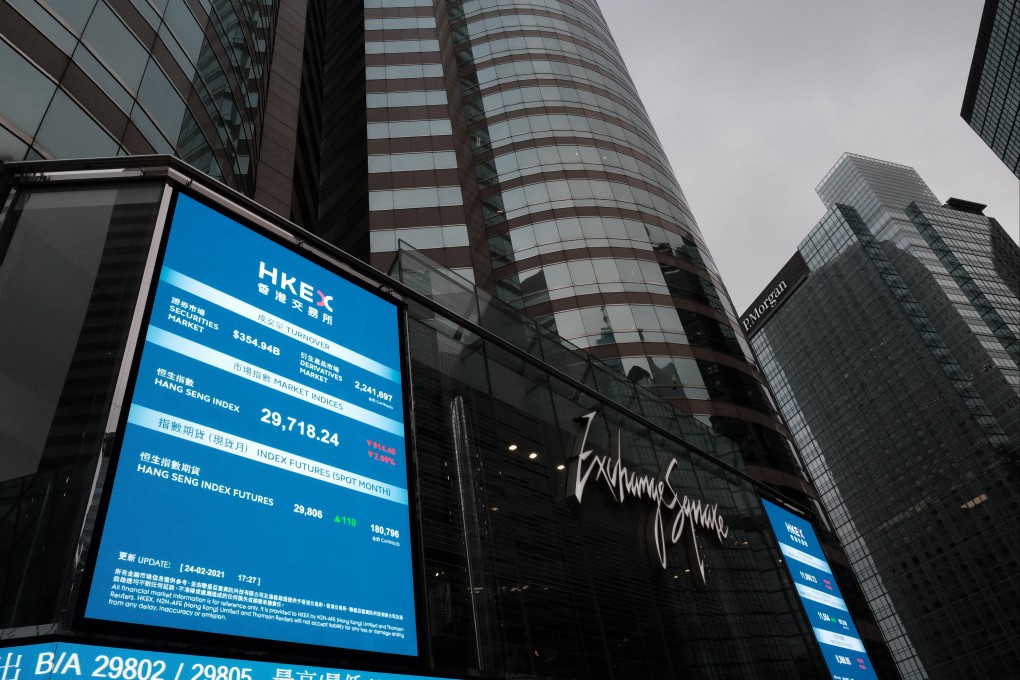Letters | Hong Kong’s embrace of SPAC listings must strike balance on all interests
- The proposed rules on SPAC listings must take care not to increase uncertainty among investors and diminish Hong Kong’s appeal as an investment destination
- If done well, Hong Kong could stand to benefit from more listings amid the mainland’s regulatory crackdown and rising geopolitical tensions

The exchange’s proposed rules tie SPAC investors’ share redemption rights with opposing votes and say a de-SPAC transaction – such as the acquisition of a business – must be approved by shareholders. These measures will increase the uncertainty over the de-SPAC transaction and increase the risk of SPAC liquidation. The adverse impact of such measures has been shown in the US, leading to rule amendments there in 2015.
The proposed rules include a 30 per cent cap on dilution from the exercise of warrants, which is likely to diminish the appeal of Hong Kong SPACs to investors. A de-SPAC target valuation is usually several times a SPAC’s IPO proceeds.
The dilution effect upon the exercise of warrants in a successor company, or listed issuer following the completion of a de-SPAC transaction, is not as significant as some imagine. The warrant exercise price – normally US$11.50 in the US – is usually higher than the subscription prices of a SPAC IPO and private investments in public equity, allowing the successor company to secure further financing and increase the size of its public float.
The proposed rules might also allow listing applicants to take a “dual-track” approach so they can simultaneously apply for a traditional IPO and a SPAC listing. However, such an arrangement might be unfair to SPAC promoters as SPACs are subject to merger deadlines and face liquidation if they fail to complete the merger within the given time frame. The “dual-track” approach would increase the risk of de-SPAC transaction failure or liquidation.
